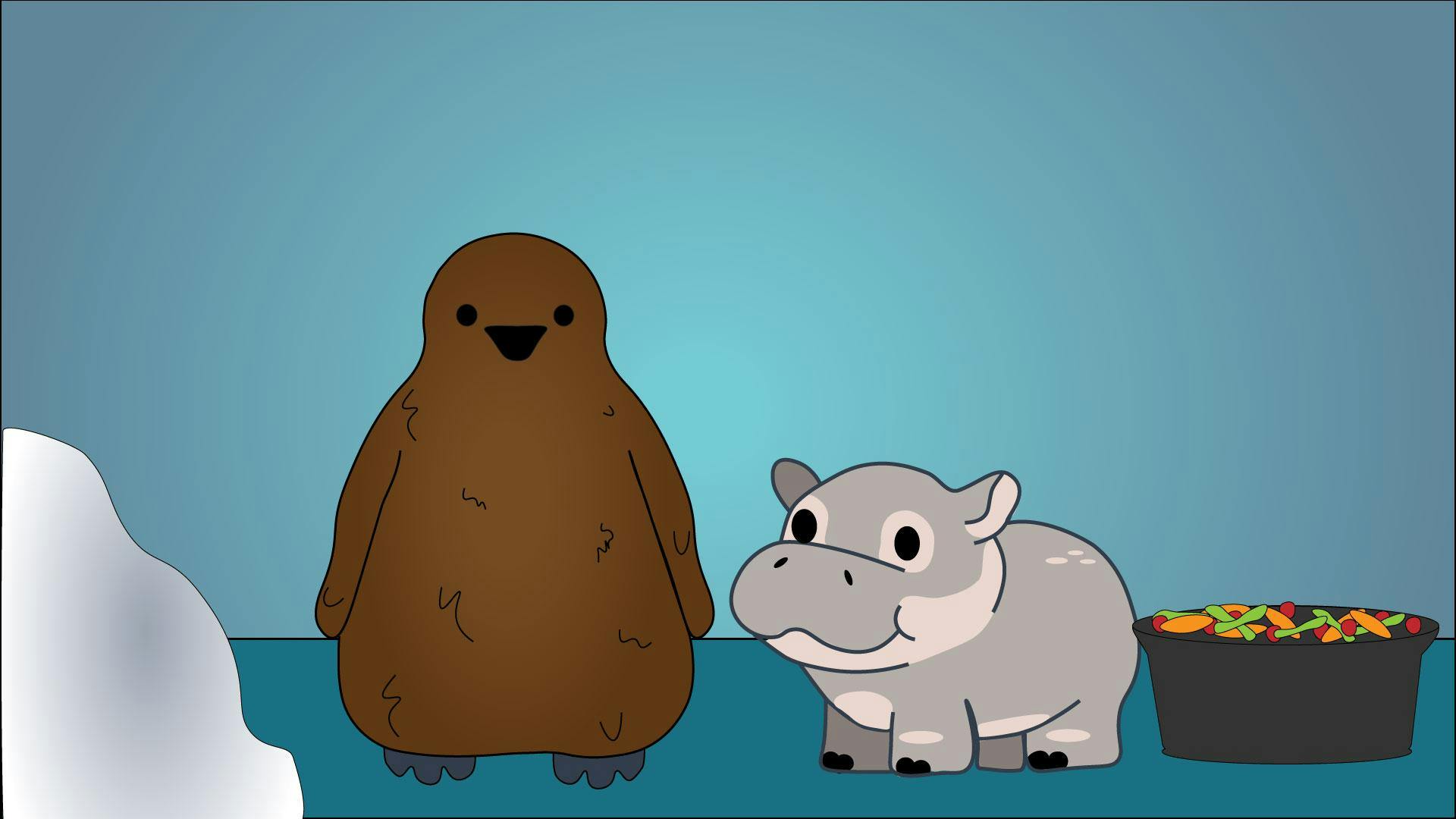In today’s hyper-connected world, the dating landscape has drastically evolved. No longer confined to chance encounters or introductions by mutual friends, dating has become an arena filled with dating apps, podcasts, social media influences, and reality shows that promise to connect us with the love of our lives. However, as we swipe through profiles and listen to the latest dating advice, a pertinent question arises: Does dating, in its modern form, ruin good people?
The Corrosive Effects of Modern Dating Culture

Modern dating culture presents a bleak picture, describing a landscape that is often “self-destructively entertaining” and highlighting the myriad ways in which dating has been commodified, trivialized, and distorted.
From dating apps that profit from our inability to find love to podcasts that degrade guests for entertainment, the modern dating scene is a far cry from the idealized notion of romance that many of us grew up with. This environment, rife with emotional volatility and self-gratification, creates a breeding ground for behaviors that can erode the decency and goodness in people.
Good people, those who approach dating with sincerity, kindness, and an open heart, may find themselves disillusioned by the superficiality and game-playing that dominate the dating landscape. Dating apps, for instance, commodify romance, reducing it to a series of swipes and likes, where potential partners are judged primarily on their looks and a brief bio.
This commodification can lead to a sense of detachment, where the individuals we interact with are seen less as people with emotions and more as products to be evaluated and discarded.
Additionally, the rise of high-value dating coaches who teach people to invest the least while extracting the most from the person they desire encourages a transactional approach to dating. This mindset fosters manipulation and deceit, replacing genuine connection with a cold calculation of benefits. In such a setting, even the most well-intentioned individuals may feel pressured to adopt these tactics, leading them down a path that compromises their integrity.
The Fear of Getting Hurt

A significant issue plaguing modern dating is the pervasive fear of getting hurt. This fear drives people to abandon their morals and engage in behaviors that they would otherwise find abhorrent. The fear of vulnerability, rejection, and emotional pain has led to a widespread abandonment of human decency in dating.
This fear is not unfounded. The modern dating scene is littered with stories of ghosting, breadcrumbing, love bombing, and other manipulative behaviors that leave individuals feeling used and discarded. These experiences can be deeply scarring, leading good people to build emotional walls, adopt defensive strategies, and, in some cases, mirror the very behaviors that hurt them in the first place.
The concept of “self-preservation” becomes paramount, where individuals go to great lengths to protect themselves from potential harm. This can manifest in various ways, such as keeping one’s options open while in a committed relationship, manipulating others to maintain control, or avoiding emotional intimacy altogether. While these behaviors may offer short-term protection, they ultimately erode the foundation of trust and mutual respect that is essential for healthy relationships.
The Erosion of Authentic Connection

As people become more guarded and self-serving in their approach to dating, the possibility of forming authentic connections diminishes. The deeper, more meaningful aspects of relationships are often overlooked in a culture that prioritizes instant gratification and surface-level interactions.
Good people who enter the dating scene with the hope of finding a genuine connection may find themselves increasingly disheartened. Modern dating systems, designed to help us find love, often seem to sabotage it instead. This paradoxical situation can leave individuals feeling frustrated and disillusioned, questioning whether their goodness and sincerity have any place in the dating world.
The dangers of influencers and pop culture figures who promote toxic behaviors under the guise of empowerment or self-improvement are also prevalent. Whether it’s the “alpha male” flaunting his lifestyle to impress others or the “soft life girlie” teaching women how to “bag a provider man,” these figures contribute to a culture where manipulation and self-interest are celebrated, further eroding the possibility of genuine connection.
The Role of Emotional Courage

Despite the bleak depiction of modern dating, there is a glimmer of hope in the importance of emotional courage. The challenges of the dating scene suggest that we are not wired to find fulfillment through deception. Instead, the path to meaningful connection lies in embracing emotional courage, which involves being honest about our intentions, vulnerabilities, and desires.
Good people, those who value integrity and kindness, may struggle in a dating culture that rewards fear-based behaviors. However, retaining one’s integrity and staying true to one’s values is the best strategy for long-term happiness, even if it means experiencing heartbreak along the way.
While being genuine may expose individuals to pain, it also preserves their soul, ensuring that they remain open to love and connection in the future.
There is a misconception that being genuine and kind makes one susceptible to being played. While this may sometimes be true, relying on vices such as manipulation and deceit ultimately undermines the virtues that are necessary for a healthy, lasting relationship. By staying true to one’s values, individuals can build trust, compassion, and mutual respect, which are the cornerstones of a successful relationship.
The Price of Self-Preservation

One of the most poignant insights into modern dating is the idea that the more we run from pain, the more it chases us. In the context of dating, this means that the more we try to protect ourselves from getting hurt, the more likely we are to end up in situations that cause us pain.
Self-preservation, when taken to the extreme, leads to behaviors that are ultimately self-sabotaging.
For example, some individuals create emotional fortresses to protect themselves from being hurt. These fortresses, built on manipulation, deceit, and fear, may provide short-term safety, but they also isolate individuals from the very connection they seek. These defenses can turn us into monsters, consuming us before we even reach our goal.
Good people, in their quest to avoid pain, may inadvertently adopt these defensive behaviors, believing that they are necessary for survival in the dating world. However, these behaviors are ultimately more painful than being genuine and open. The key to finding love is not to protect oneself at all costs but to embrace the vulnerability that comes with being human.
Preserving Goodness in a Toxic Environment

In a dating culture that often seems designed to corrupt, preserving one’s goodness can feel like an uphill battle. Maintaining integrity in the face of such challenges involves a few key strategies. First, it’s important to cultivate self-awareness and self-respect. By being honest with oneself about one’s readiness for a relationship and setting clear boundaries, individuals can protect their goodness without resorting to manipulative tactics.
Second, finding love in other areas of life, such as friendships, personal growth, and community involvement, can be vital. By investing in oneself and building a strong support network, individuals can cultivate the emotional resilience needed to navigate the dating scene without losing their integrity.
Finally, shifting perspective to view the dating scene as a type of purgatory for those who choose fear as their path to love can be liberating. Fear-based behavior creates a distorted perception of the dating world, leading to a self-fulfilling prophecy where fear begets more fear.
By choosing to act from a place of emotional courage rather than fear, individuals can break this cycle and create the conditions for genuine connection.
Conclusion: Does Dating Ruin Good People?
The modern dating scene, with its emphasis on self-interest, manipulation, and fear, certainly has the potential to ruin good people. Those who enter the dating world with sincerity and kindness may find themselves disillusioned, hurt, and tempted to adopt the very behaviors they despise. However, the solution lies not in abandoning one’s goodness but in embracing emotional courage.
By staying true to one’s values, setting clear boundaries, and finding love in other areas of life, good people can navigate the dating scene without losing their integrity. While this may mean experiencing heartbreak along the way, it also ensures that they remain open to the possibility of genuine connection in the future. In the end, it’s not dating itself that ruins good people, but the choices they make in response to the challenges it presents.
The key to preserving one’s goodness in the dating world is to choose courage over fear, authenticity over deception, and connection over self-preservation. In doing so, good people can not only survive the dating scene but thrive in it, building relationships that are based on trust, respect, and mutual understanding.






